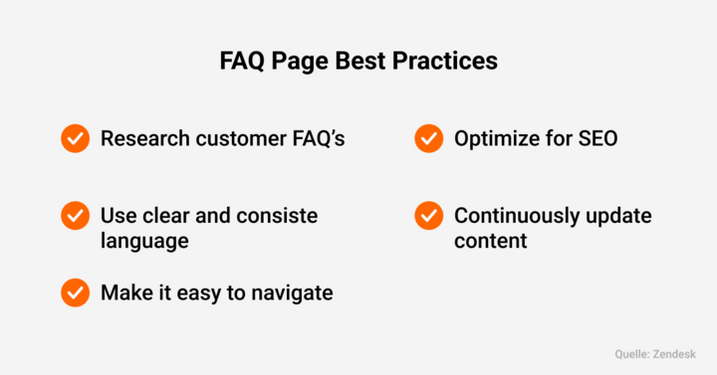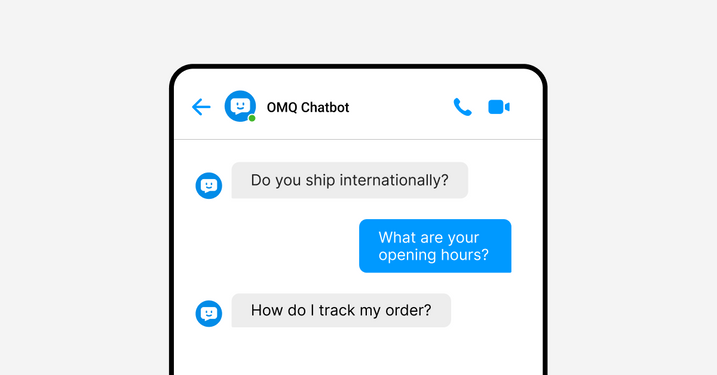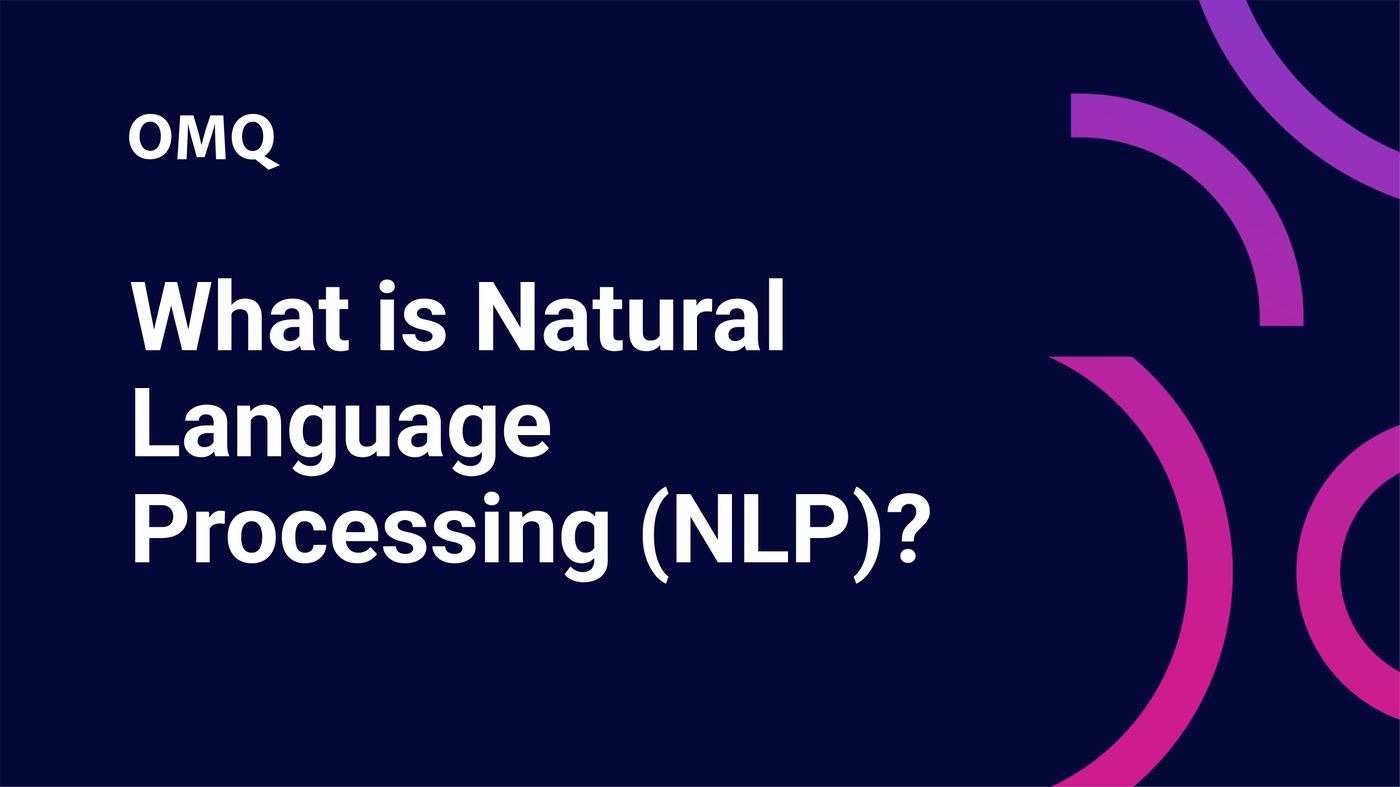Customer Service
FAQ Automation: Automating FAQs with AI Chatbots and AI tools
FAQ automation optimizes customer service through the use of AI and machine learning. Companies save time, reduce costs and improve customer satisfaction through automated answers to frequently asked questions.

FAQ automation, also known as Frequently Asked Questions automation, is a growing field in customer service and artificial intelligence. By automating FAQs, companies can improve efficiency, reduce costs, and simultaneously provide a better customer experience.
What is FAQ Automation?
FAQ automation refers to the use of technologies like artificial intelligence (AI) and machine learning (ML) to automate the answering of frequently asked questions. This can be done through the use of chatbots, self-service portals, or other AI-powered tools.

Service channels that can be automated.
Why is FAQ Automation important?
Automating FAQs offers several advantages for companies, including:
- Time-saving: By automating answers to frequently asked questions, employees can focus on more complex tasks that require human intervention.
- Cost savings: FAQ automation helps reduce customer service costs by minimizing the need for human agents to handle simple inquiries.
- Improved customer experience: Customers receive instant answers to their questions without waiting for a human agent, increasing customer satisfaction.
- Scalability: With FAQ automation, companies can easily scale and efficiently handle a large volume of customer inquiries.
How does FAQ Automation work?
FAQ automation can be implemented in various ways, depending on the specific needs and goals of a company. A common method is the use of chatbots.
Chatbots are AI-driven programs that can engage in conversations with users. They can be programmed to automatically answer frequently asked questions, using natural language processing and machine learning to understand user inquiries and generate appropriate responses.
Another approach to FAQ automation is the implementation of self-service portals. These portals allow customers to find answers to their questions on their own by searching through a database of predefined answers.
There are also several AI-driven tools specifically designed for FAQ automation. These tools can be integrated into existing customer service platforms and offer advanced features such as machine learning and natural language processing.
Applications of FAQ Automation
FAQ automation is used in various industries and contexts. Many companies use FAQ automation to make their customer service more efficient. By automating the response to frequently asked questions, customer inquiries can be processed more quickly.
In e-commerce, FAQ automation can help answer common customer questions about shipping, return policies, or product details, while in IT support, frequent issues can be solved automatically by providing step-by-step guides or solutions.

Optimizing FAQ pages.
Benefits for internal efficiency
FAQ automation not only relieves customer service but also other departments. For example, employees in sales or marketing can save valuable time by redirecting standard inquiries to automated systems instead of handling them manually.
Additionally, automated FAQs can be regularly updated to reflect new products, services, or changes in business processes without the need for extensive training.
Integration with other systems
Modern FAQ automation tools can be easily integrated into existing CRM systems, helpdesk platforms, or even social media. This ensures that customers receive consistent answers across multiple channels. Seamless integration not only improves efficiency but also increases customer satisfaction by enabling smooth communication.
Artificial intelligence and continuous learning
A key advantage of FAQ automation is the ability of the technologies to learn. Thanks to machine learning, the answers become more accurate over time. The system can independently learn from previous inquiries and the collected data, determining which responses are most appropriate for certain questions. This improves the accuracy and reliability of automated responses, leading to continuous optimization of the system.
FAQ Automation with OMQ Help
FAQ automation with OMQ Help allows companies to efficiently and intelligently answer frequently asked questions. OMQ Help is an AI-powered solution that automatically provides appropriate responses to customer inquiries by accessing a central knowledge database. This database is continuously updated, ensuring that customers always receive current and relevant information.
The system seamlessly integrates into existing support channels, ensuring that questions are answered in real time. This significantly reduces the workload on customer service and improves customer satisfaction by guaranteeing fast, precise, and consistent answers.
FAQ Automation with Chatbots
FAQ automation with chatbots provides companies with an effective way to automatically answer frequently asked questions around the clock. Chatbots, equipped with artificial intelligence and natural language processing (NLP), can respond to customer inquiries in real time and provide accurate answers by accessing a pre-built knowledge base. They can handle simple to moderately complex questions on topics such as orders, delivery status, or return policies without requiring human intervention.
Through continuous machine learning, chatbots improve their accuracy and efficiency over time, resulting in increased customer satisfaction. At the same time, they reduce the load on customer service and allow human agents to focus on more complex tasks.

Generic FAQ questions in chat.


